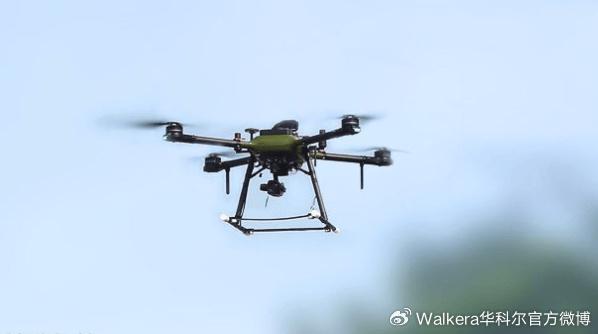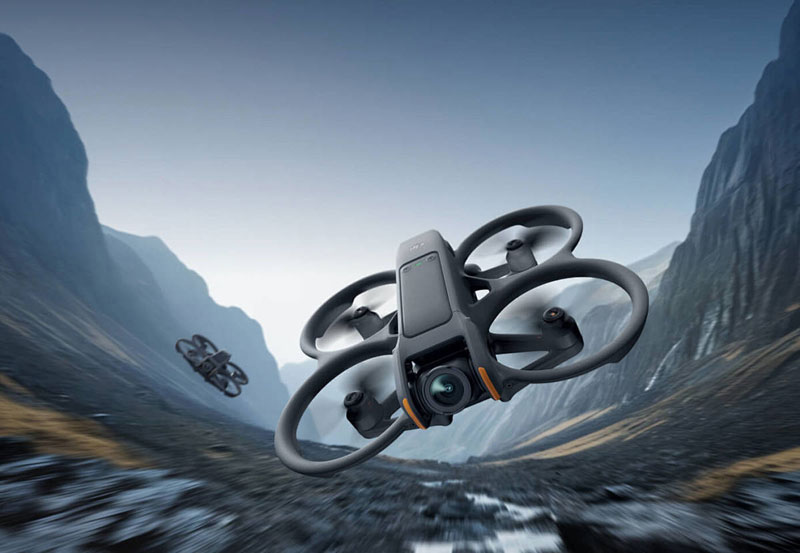In recent years, the evolution of drone technology has dramatically reshaped the landscape of multiple industries, showcasing the immense power and versatility of drone work. Originally known for their military applications, drones have now penetrated various commercial sectors, offering innovative solutions and optimizing processes across different fields.
Agriculture and Crop Management
Drones are revolutionizing agriculture by providing comprehensive aerial surveillance, allowing farmers to monitor crop health, track livestock, and efficiently manage agricultural resources. High-resolution imagery captured by drones can identify areas needing attention, thus enabling precision agriculture, which ultimately boosts crop yields and reduces costs.
Construction and Real Estate
The construction industry is another field experiencing transformative changes due to drone work. Drones facilitate topographic mapping, site surveying, and progress tracking, increasing accuracy while reducing human error. In real estate, they offer potential buyers enthralling aerial views of properties, enhancing marketing strategies and offering a competitive edge.
Environmental Conservation
Drones play a pivotal role in environmental conservation efforts by monitoring endangered species and assessing ecosystem health. By accessing remote and difficult terrains, drones provide researchers with valuable data without disturbing natural habitats, making conservation projects more efficient and less intrusive.
Public Safety and Emergency Response
In emergency situations, time is critical. Drone work is instrumental in disaster management and public safety operations, offering real-time surveillance capable of quickly locating survivors in challenging conditions. This technology enhances the capacity to deliver immediate aid and assess damage in disaster-stricken regions.
Innovations in Drone Technology
The rapid advancement in drone technology, with the integration of AI and machine learning, continues to expand potential applications. This interaction creates smarter drones capable of executing complex tasks autonomously. Moreover, the improvement in battery life and efficiency extends operational durations, acknowledging new areas for deployment.
Challenges and Considerations
Despite the benefits, the widespread use of drone work poses challenges such as regulatory issues, privacy concerns, and the need for effective traffic management systems in crowded airspaces. Continued collaboration between regulatory bodies and industry leaders is essential to address these concerns while ensuring safe and productive drone operations.

The Future of Drone Work
As technology evolves, the future of drone work holds exciting prospects. Potential developments include increased integration with IoT devices, providing seamless connectivity, and expanding blockchain capabilities for secure data transactions. The possibilities are limitless as industries continue to harness the power and flexibility of drones.
FAQs
- What industries benefit the most from drone work? Numerous industries benefit, including agriculture, construction, real estate, environmental conservation, public safety, and delivery services.
- Are there privacy concerns with drone usage? Yes, privacy is a significant concern. Regulations are being imposed to ensure drones do not infringe on individuals’ privacy rights while maintaining their operational efficacy.
- How can drones be improved in the future? Future improvements could focus on enhanced machine learning capabilities, longer flight times, better payloads, and more sophisticated sensors.

